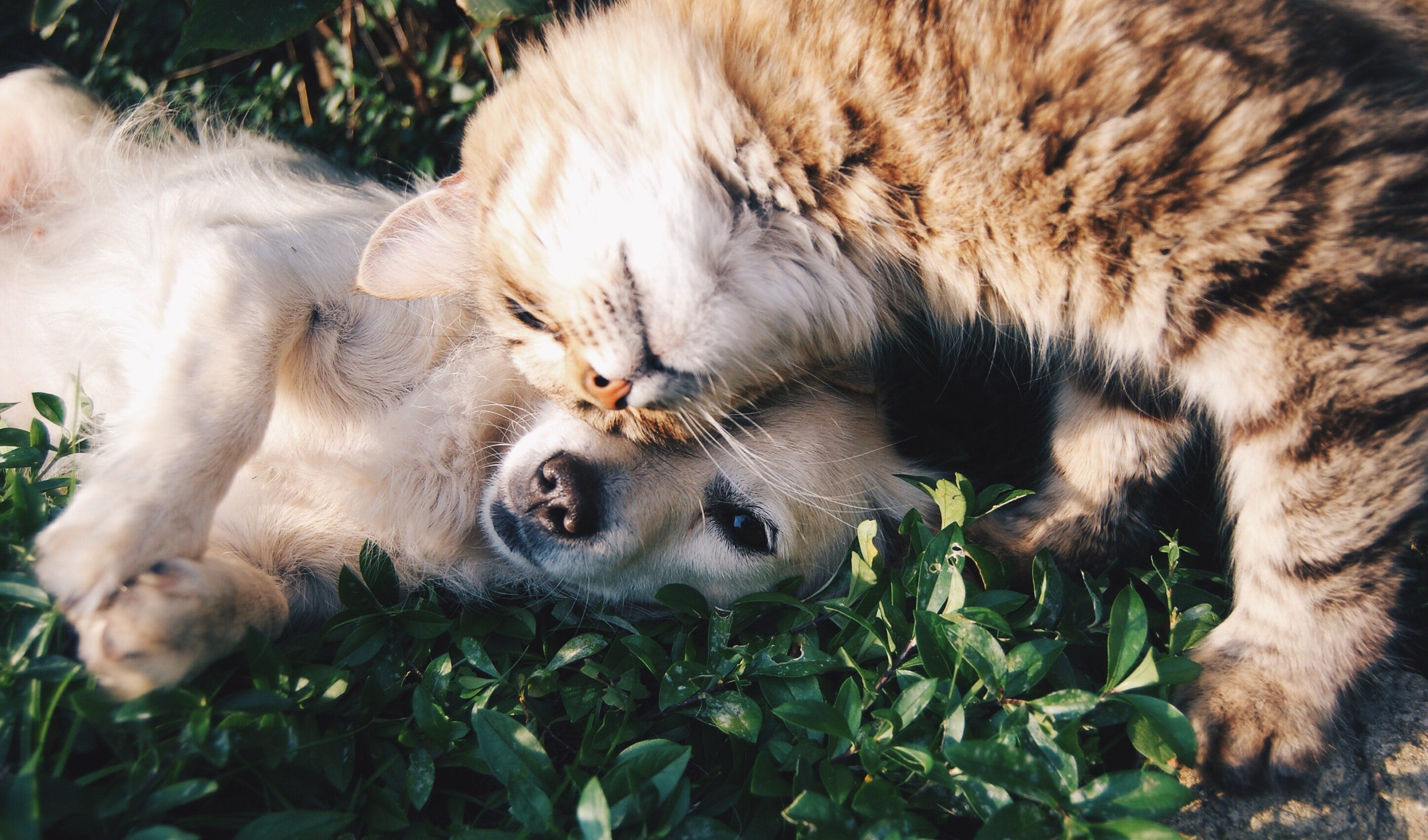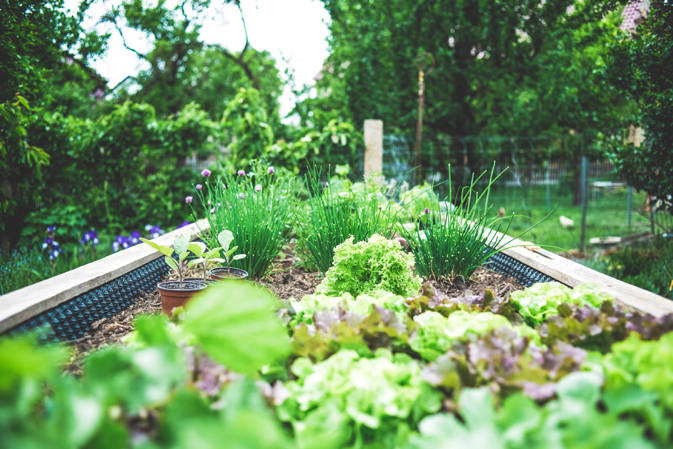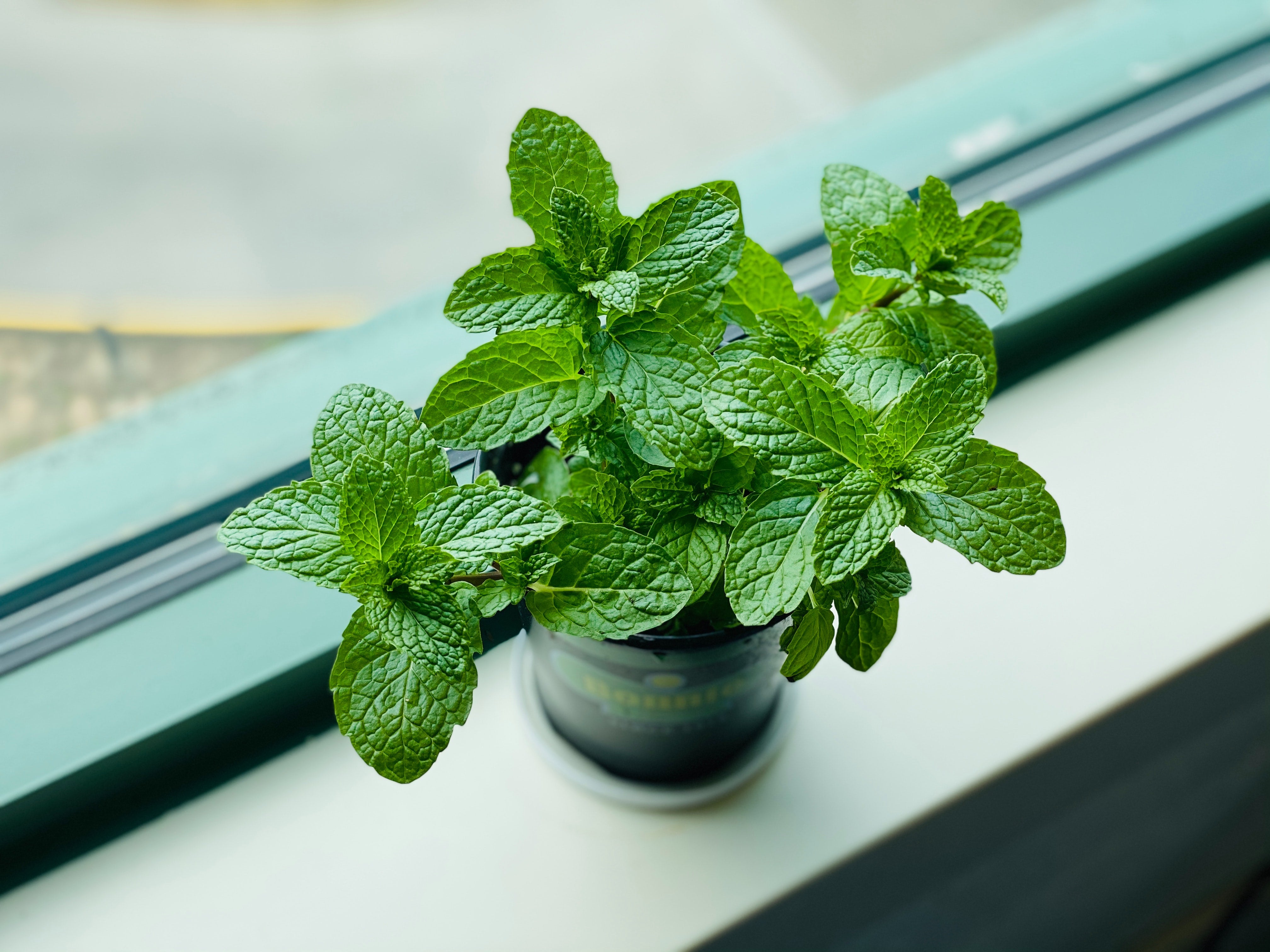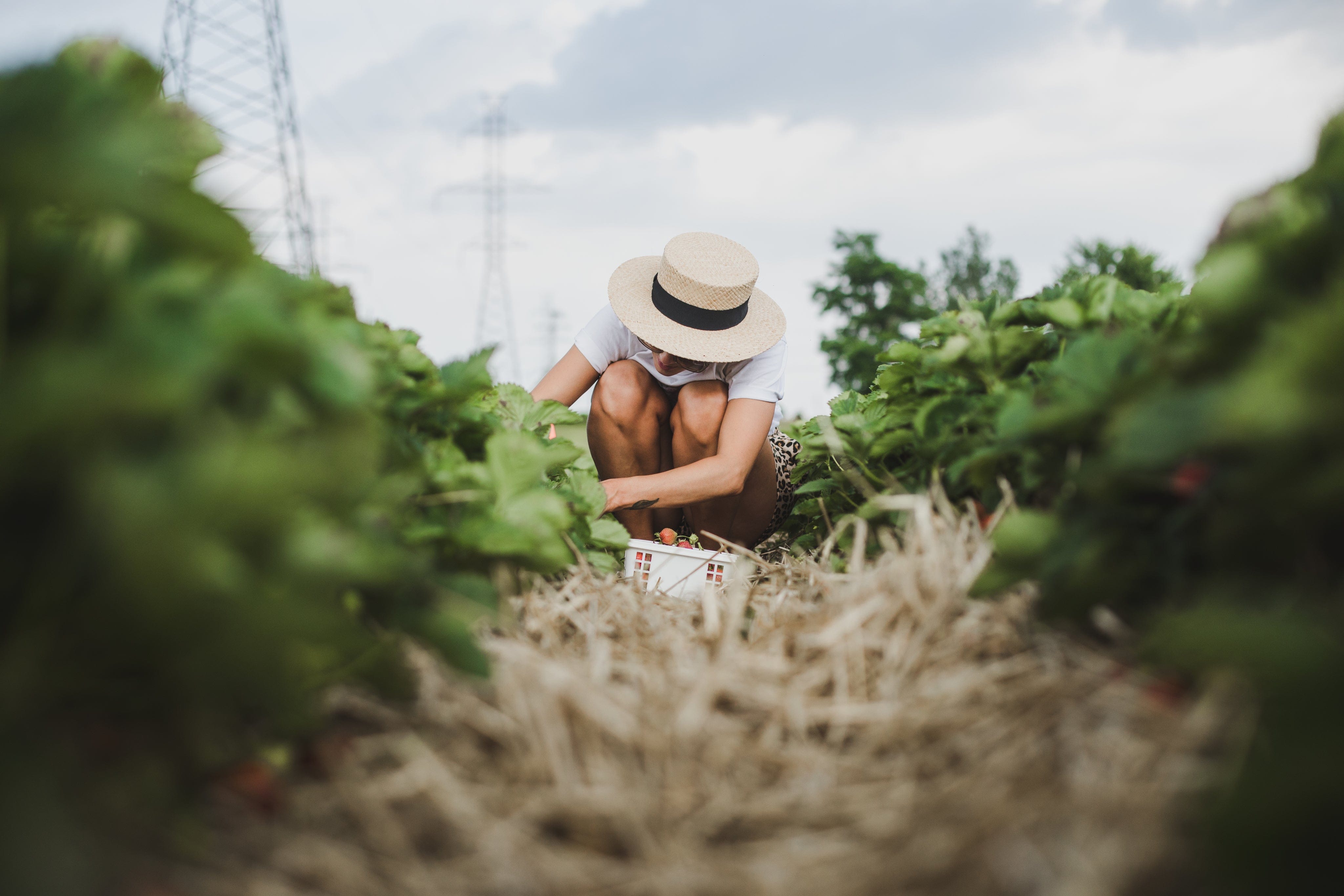
Quick Guide: How to create a pet friendly garden

Some pets are just going to chew up anything they come across, so making sure that there are no plants that could do harm is important.
As a pet owner, occasionally spotting your cat or dog nibbling on grass or any of the other plants in your garden is probably something you are used to. Pets tend to eat plants for all sorts of reasons, and many of us simply assume that the pet will know if what it is they are munching on is safe for them to eat. But sometimes, pets don’t know what is good for them and what is not, and as such they inevitably end up eating the wrong thing and start showing signs of illness.
Having a sick pet can be a nerve wrecking experience, especially if you are not sure what it is that has made your pet sick. The best, and only way, to make sure that it is not your garden that is making your pet sick, is to know what it is that you are planting and to know which of your garden plants could potentially be deadly.
Making sure your garden is pet friendly is a lot easier than you’d think. In fact, given that there are so many stunning, pet friendly plants out there that you are probably not even going to realise that all the plants you have growing might not be suitable for pets.
To give you an idea of plants that are poisonous to animals, give this a read.
Plant Considerations
When creating your garden, you should know that there are some plants which are safe and many which are not, and it is important to know the difference.
Assuming that you already have a yard full of plants, or perhaps a garden balcony brimming with beautiful flowers and shrubs, you should start the process by having a look at what you have and determining if there are any plants already in your garden that could be harmful.
Should you know your plants well, this will be easy, but should you not be sure of what you have, a quick online search should be able to answer all of your questions.
If you identify a harmful plant, you have two options. You can either remove it from your garden or you could place it well out of reach, although if the pet that is eating up your plant is a cat, putting your plants out of their reach might prove difficult.
Although there are many plants that are considered safe for animals, it is always best to remove temptation as you never know how your pet might react when eating something they rather should not. Just because a plant is non-toxic doesn’t mean it won’t give them an upset stomach.
Pet Friendly Plants
1. African Violet

With their velvety leaves and flowers, which come in a variety of beautifully rich colours, the African Violet can be grown in a pot or out in the garden. This plant also does very well in limited light and so long as you keep the soil moist, it will continue to thrive.
2. Christmas Cactus

The bright pink flowers of the Christmas Cactus makes this a really attractive addition to any garden, and it is non-toxic to curious pets! This plant might not kill your pet but it is known to cause discomfort in the intestines when consumed, so if you are planning on featuring a plant of this type in your garden, keep it out of reach.
3. Ferns

Fern plants are truly stunning and since they are available in many different varieties, you can easily find the type that suits the look you are going for. Making sure that you have chosen the right fern, the type that is safe for your pets, can be a bit difficult since they all tend to look about the same. When selecting your fern, be sure to do a little research to find out which are safe and which are not.
4. Parlor Palm

An attractive addition to the home or the garden, a Parlor Palm is low maintenance and doesn’t grow to a massive height. The palm does fairly well in low light and needs water only when the top of the soil has gone dry. As far as creating the perfect pet friendly garden goes, this is the ideal plant to start off with.
5. Moth Orchid

Orchids are fantastic plants to grow, as they need minimal care and can be placed up high and out of reach. The Moth Orchid is incredibly beautiful and luckily it is completely pet friendly.
We offer beautiful pots to compliment these Orchids
Toxic Plants
These plants should be avoided at all costs and should your animal tuck into any one of these, you should get them to the vet as soon as possible.
1. Peace Lily

The Peace Lily is a popular addition to many gardens. They are not only attractive to look at but they are also really easy to grow. A down side to growing a peace lily in your garden is that they are toxic to animals.
2. Aloes

While Aloes are very useful and can look rather attractive when included in a garden or within the home, they are not at all pet friendly. Pets who try to eat an Aloe could end up with an upset stomach and other stomach troubles.
3. Caladium

This plant, with its pink and green leaves, is a popular option for those wanting to add something different to their homes or gardens, but if consumed, they can cause irritation and pain, as well as digestive issues.
4. Azaleas

The stunning flowers produced by the Azalea plant, along with the fact that it grows into a large bush and is suitable to all sorts of climates, makes this plant a favorite among gardeners. Unfortunately, Azaleas are toxic to animals.
5. Sago Palm

Although it is quite beautiful and a popular option for the home, because it is easily grown in a pot, the sago palm is well known for being dangerous to animals. Before you go out and buy this plant, consider whether or not your pet might be tempted to nibble on it.
Interested in reading more, click on the below:
Prioritize your pets, The Pot Shack offers various large, tall pots, that make these plants out of reach for pets.




1 comment
Thank you for the information as I’m a struggling gardener and has a dog, I am now more informed it’s a great help
Berenice
Leave a comment
This site is protected by hCaptcha and the hCaptcha Privacy Policy and Terms of Service apply.